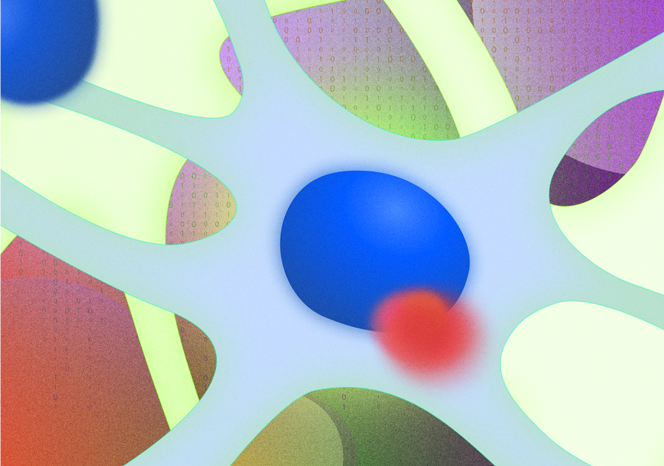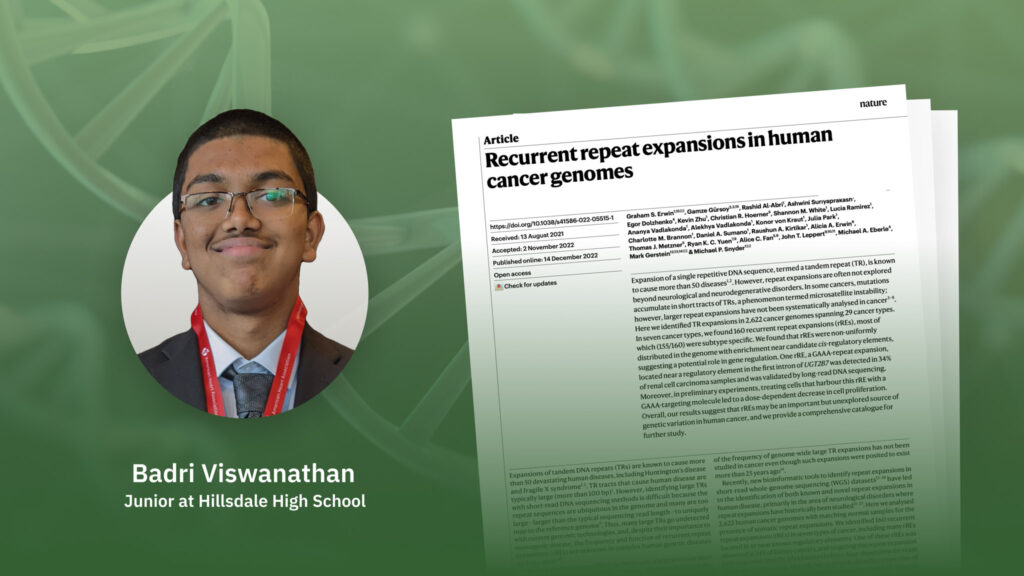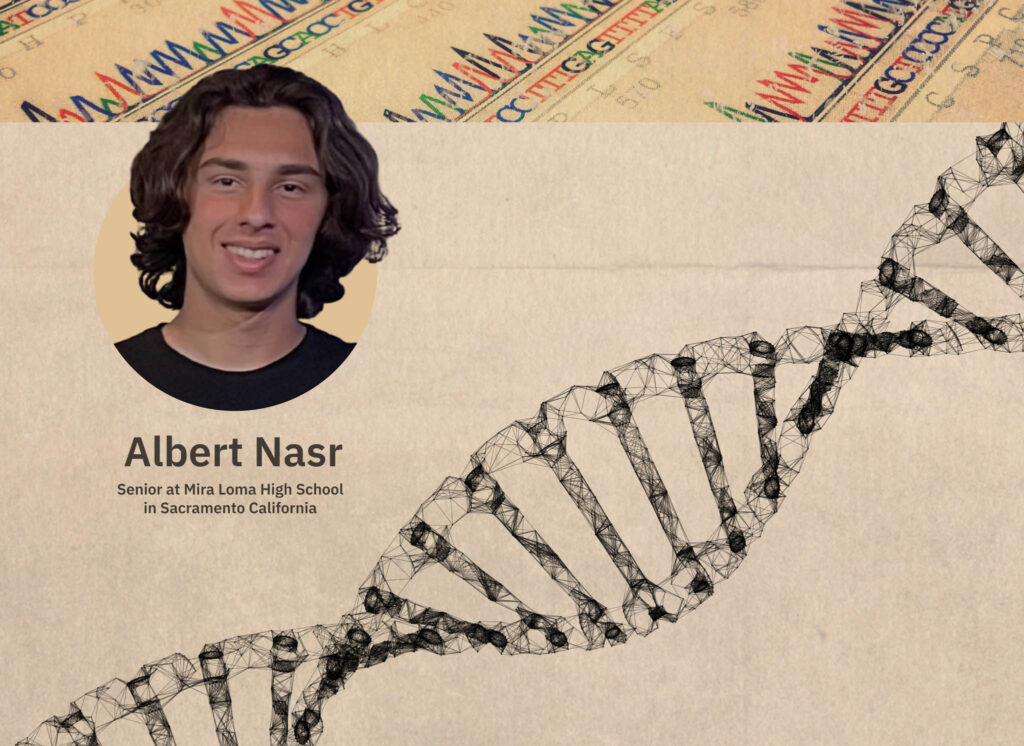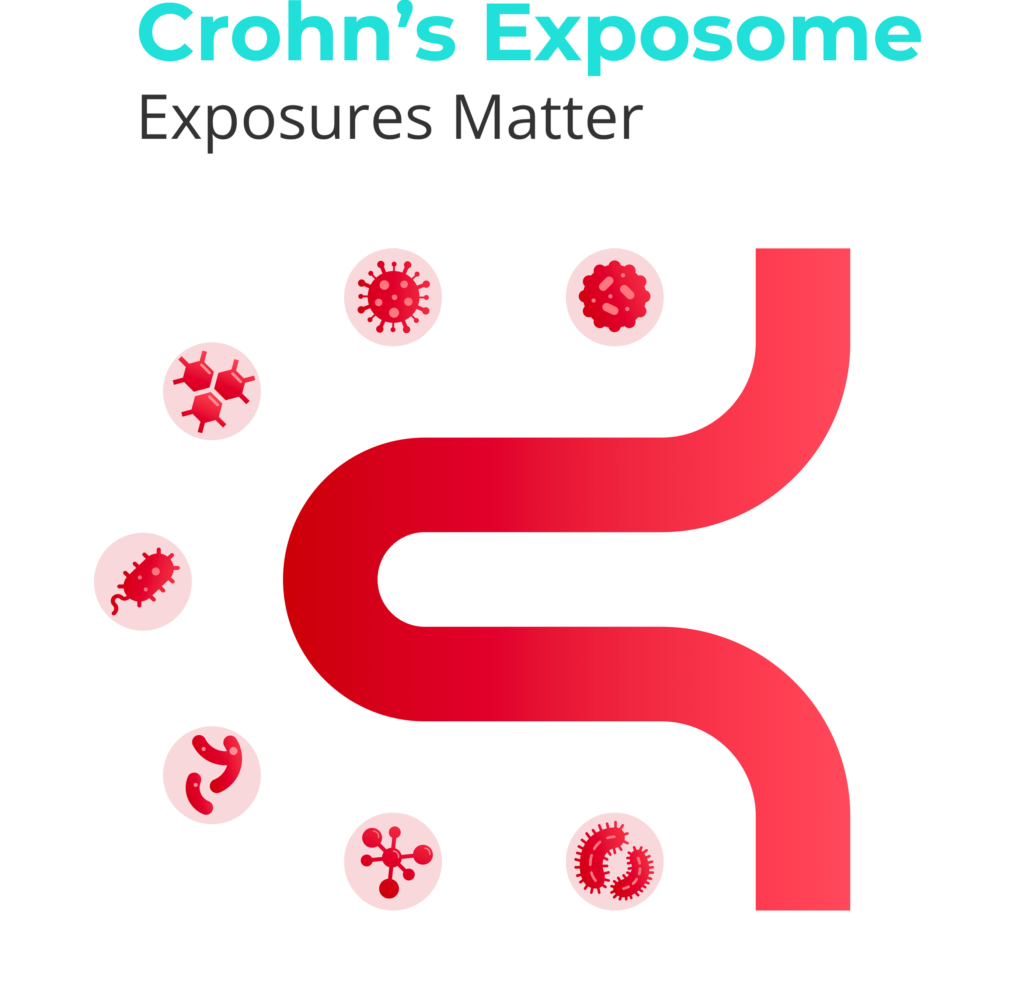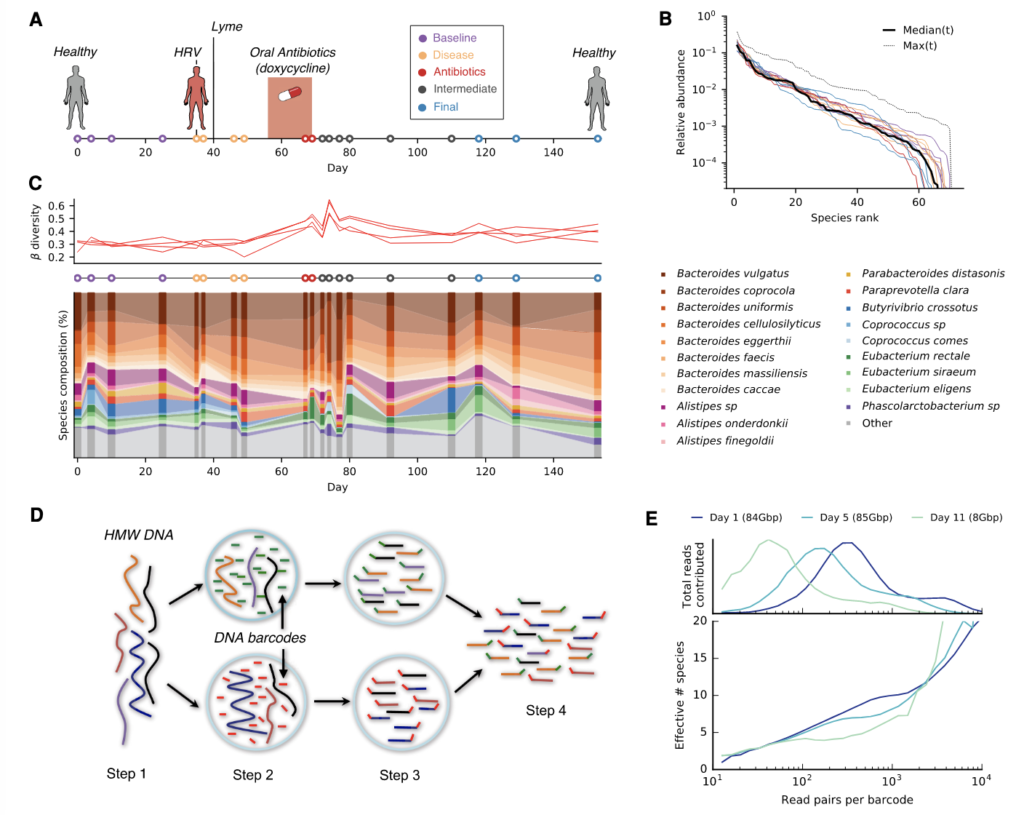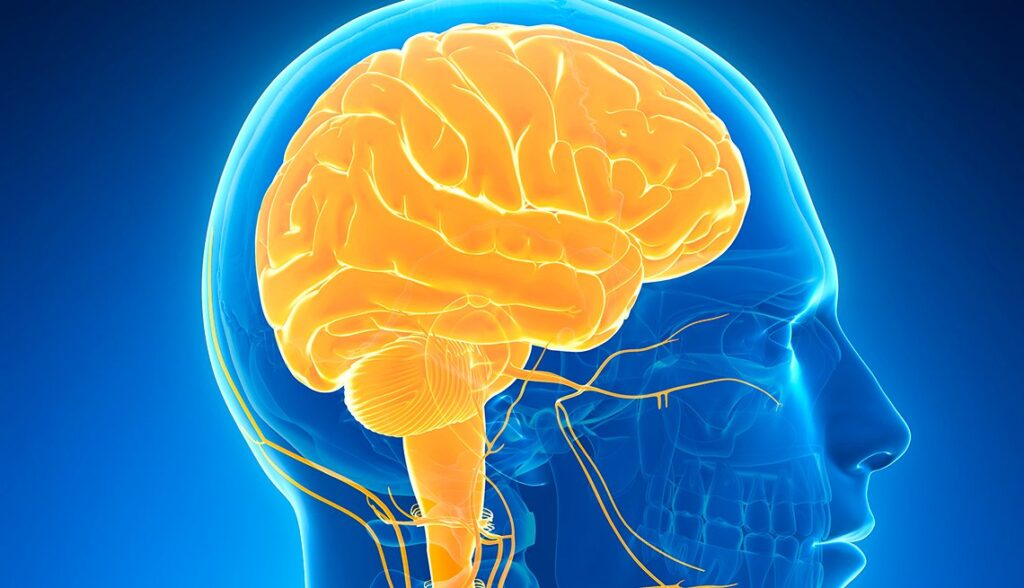In this study, Dr. Michael Snyder and his team found nearly seven hundred risk genes related to ALS (Amyotrophic Lateral Sclerosis) using a novel machine learning method, leading to a 5-fold increase in recovered heritability. Their findings give light to new potential drug pathways, and open up the possibility of more genes to explore in connection to ALS.
Only fifteen genes have been identified to contribute to the onset of ALS, and a small group of people possesses mutations in those genes. Many more genes are suspected to be involved, but ALS researchers usually only examine one gene at a time.
RefMap: A new machine learning method for analysis of GWAS summary statistics
The team developed a novel method for examining genes, using a machine learning algorithm named RefMap. RefMap can integrate genome-wide association data with functional genomic data. This method allows them to scour through massive data sets from genomic screens to determine the wide range of genes potentially associated with ALS. The researchers looked for genes common in ALS patients that supported motor neuron function and found 690 candidate genes. Most of the genes were found in the axon of the cell contributing to the hypothesis that axon defects may have a causative relationship with ALS.

KANK1: a new ALS gene
KANK1 is a notable gene the researchers found. Through repeated experiments, the team found that defects in KANK1 contributed to the loss of a protein TDP-43 from the nucleus of motor neurons, a major sign of ALS in most people.
While more research remains to be done, this discovery opens exciting new pathways for targeted treatment plans for those with ALS.

